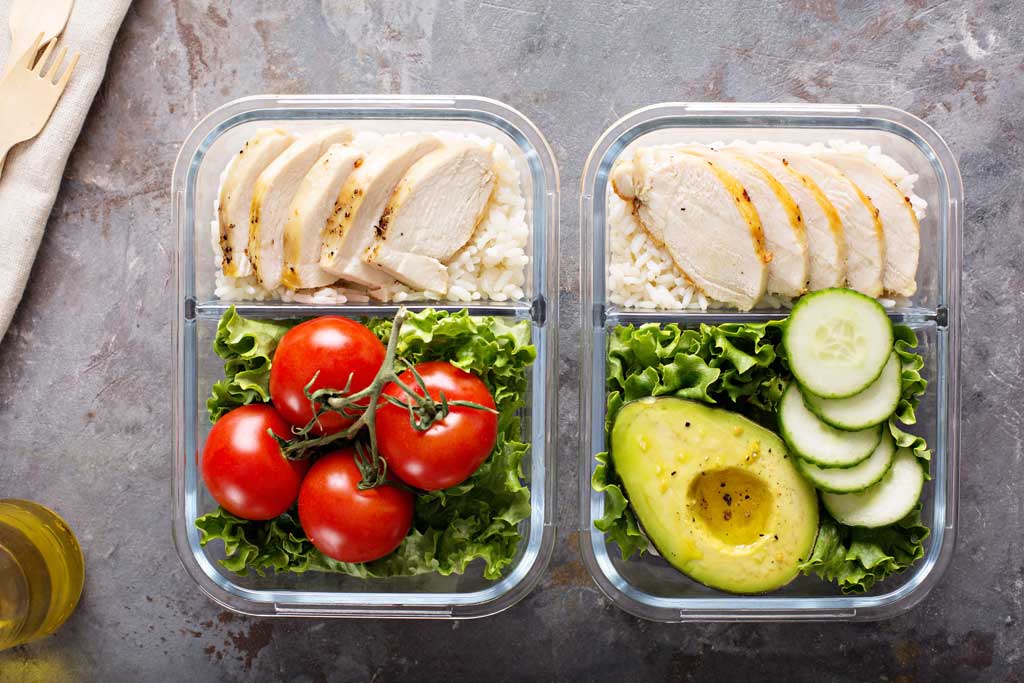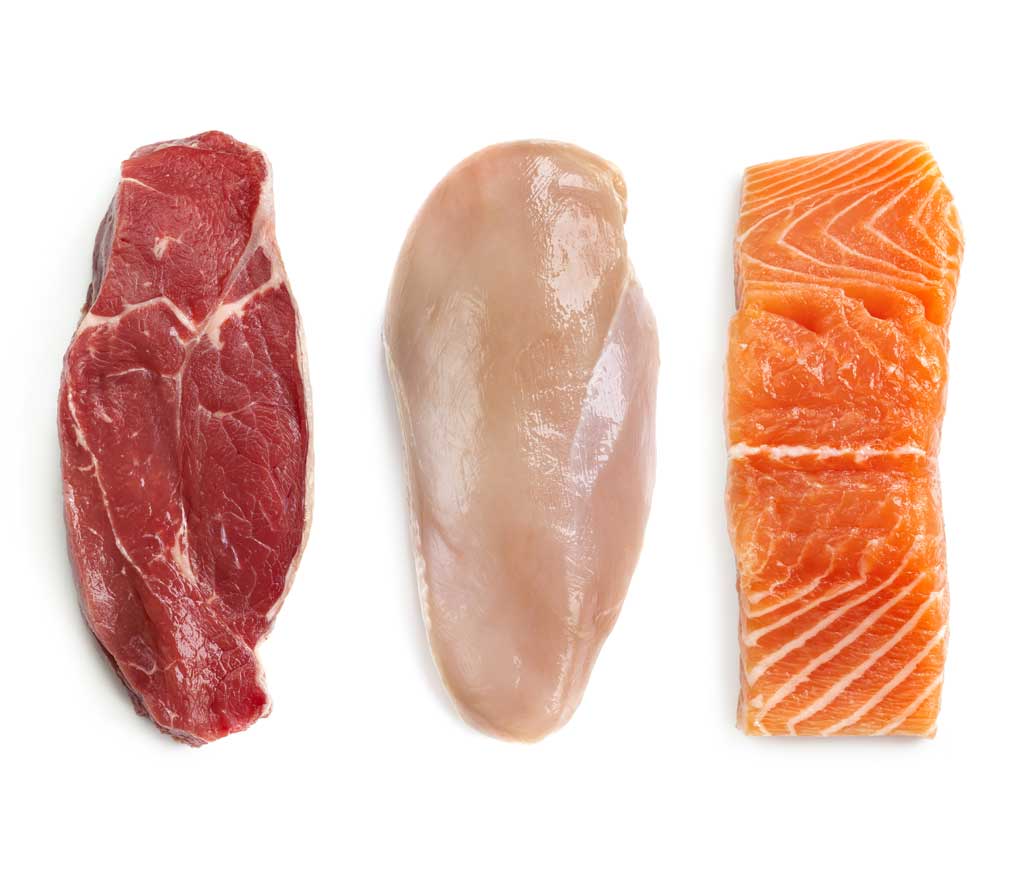What is TCS Food: A Complete Guide
What is TCS Food
TCS food stands for “Time/Temperature Control for Safety” food. It refers to any food that requires temperature control to prevent the growth of bacteria that can cause foodborne illness. TCS foods are typically perishable and have specific temperature requirements for storage and handling to ensure food safety. Examples of TCS foods include meat, poultry, dairy products, eggs, seafood, and cooked vegetables. Proper storage, cooking, and handling practices are essential to prevent the growth of harmful bacteria and ensure the safety of TCS foods.
What Does TCS Stand For?
The acronym TCS stands for Time/Temperature Control for Safety. This designation highlights the critical importance of controlling the time and temperature at which these foods are stored, prepared, cooked, and served to ensure they remain safe for consumption. Read about What Does Cocount Water Taste Like
Examples of TCS Food
Examples of TCS food include:
- Meat: Beef, pork, poultry, and other types of meat are prime examples of TCS food due to their high protein content, which provides an ideal environment for bacterial growth.
- Dairy Products: Milk, cheese, yogurt, and other dairy items are susceptible to contamination if not stored or handled properly.
- Eggs: Raw eggs and foods containing raw eggs are considered TCS food because they can harbor Salmonella bacteria.
- Seafood: Fish, shellfish, and other types of seafood require careful handling to prevent contamination and ensure safety.
- Cooked Vegetables: Cooked vegetables are also classified as TCS food because they provide nutrients that bacteria can thrive on if not stored or handled correctly.

Importance of Proper Handling of TCS Food
Proper handling of TCS food is crucial for preventing foodborne illnesses and ensuring the safety of consumers. Failure to handle these foods correctly can lead to outbreaks of foodborne diseases, which can have severe health consequences and damage the reputation of food establishments. Don’t Miss to Check Out Our Website: Urbans Outfitter
Risks Associated with Mishandling TCS Food
Mishandling TCS food can lead to various risks, including:
- Foodborne Illnesses: Bacterial contamination of TCS food can cause illnesses such as Salmonella, E. coli, and Listeria, which can result in symptoms ranging from mild gastrointestinal discomfort to severe illness and even death.
- Cross-Contamination: Improper handling of TCS food can lead to cross-contamination, where harmful bacteria are transferred from one food item to another, increasing the risk of foodborne illness.
- Spoilage: In addition to bacterial contamination, mishandling TCS food can also result in spoilage, leading to food waste and financial losses for food establishments.
Guidelines for Safely Handling TCS Food
To ensure the safe handling of TCS food, it is essential to follow guidelines such as:
- Temperature Control: Keep TCS food out of the danger zone by storing it at temperatures below 41°F (5°C) or above 135°F (57°C).
- Hygiene Practices: Wash hands frequently and use separate utensils and cutting boards for raw and cooked foods to prevent cross-contamination.
- Proper Cooking: Cook TCS food to the recommended internal temperature to kill harmful bacteria effectively.
- Timely Consumption: Consume TCS food promptly or refrigerate it within two hours to prevent bacterial growth.
Proper Storage of TCS Food
Proper storage of TCS food is critical for maintaining its safety and quality. Follow these guidelines for storing TCS food:
- Refrigeration: Store TCS food in the refrigerator at temperatures below 41°F (5°C) to slow down bacterial growth.
- Freezing: Freeze TCS food at temperatures below 0°F (-18°C) to prevent bacterial growth and extend its shelf life.
- Storage Containers: Use airtight containers or packaging to prevent contamination and preserve the freshness of TCS food.
Cooking and Reheating TCS Food
Cooking and reheating TCS food require careful attention to ensure that it reaches the proper internal temperature to kill harmful bacteria. Follow these guidelines:
- Use a Food Thermometer: Use a food thermometer to check the internal temperature of TCS food and ensure that it reaches the recommended temperature for safe consumption.
- Reheating: Reheat TCS food to an internal temperature of at least 165°F (74°C) within two hours to kill any bacteria that may have multiplied during storage.
Monitoring Temperatures of TCS Food
Regular monitoring of the temperatures of TCS food is essential for maintaining its safety and quality. Follow these steps to monitor temperatures effectively:
- Temperature Logs: Keep temperature logs to record the temperatures of refrigerators, freezers, and food storage areas regularly.
- Calibration: Calibrate thermometers regularly to ensure accurate temperature readings and prevent the risk of undercooking or overcooking TCS food.
Cleaning and Sanitizing Practices
Proper cleaning and sanitizing practices are essential for preventing the spread of harmful bacteria and ensuring the safety of TCS food. Follow these guidelines:
- Use of Sanitizers: Use approved sanitizers to clean food contact surfaces, utensils, and equipment to kill harmful bacteria effectively.
- Frequency: Clean and sanitize food contact surfaces, utensils, and equipment regularly, especially after handling raw meat, poultry, or seafood.
Training and Education on TCS Food Handling
Proper training and education on TCS food handling are crucial for anyone involved in the food industry. Food handlers should receive training on:
- Safe Food Handling Practices: Proper handwashing, temperature control, and hygiene practices.
- Cross-Contamination Prevention: Techniques for preventing cross-contamination between raw and cooked foods.
- Temperature Monitoring: Proper use of food thermometers and temperature monitoring equipment.
Regulatory Requirements for TCS Food
Regulatory agencies such as the FDA and USDA have established guidelines and regulations for the safe handling of TCS food. Food establishments must comply with these regulations to ensure the safety of their customers and avoid penalties or fines.

Common Mistakes in Handling TCS Food
Some common mistakes in handling TCS food include:
- Improper Temperature Control: Failure to store TCS food at the correct temperature can lead to bacterial growth and foodborne illnesses.
- Cross-Contamination: Allowing cross-contamination between raw and cooked foods or using the same utensils without proper cleaning can lead to bacterial transfer and foodborne illnesses.
- Poor Hygiene Practices: Neglecting proper handwashing, wearing gloves when necessary, and maintaining cleanliness in food preparation areas can increase the risk of contamination.
- Inadequate Training: Lack of training and education among food handlers regarding safe food handling practices can result in mishandling of TCS food and jeopardize food safety.
Conclusion
In conclusion, understanding what TCS food is and how to handle it safely is essential for anyone involved in the food industry. Proper handling of TCS food is crucial for preventing foodborne illnesses, reducing the risk of cross-contamination, and maintaining food safety standards. By following guidelines for temperature control, hygiene practices, cooking and reheating, and cleaning and sanitizing, food establishments can ensure the safety and quality of TCS food for their customers.
FAQs
- 1. What are some examples of TCS food?
- Examples of TCS food include meat, dairy products, eggs, seafood, and cooked vegetables.
- 2. Why is proper handling of TCS food important?
- Proper handling of TCS food is important to prevent foodborne illnesses, reduce the risk of cross-contamination, and maintain food safety standards.
- 3. How can I safely store TCS food?
- TCS food should be stored at temperatures below 41°F (5°C) in the refrigerator or above 135°F (57°C) to prevent bacterial growth.
- 4. What should I do if I suspect TCS food has been mishandled?
- If you suspect TCS food has been mishandled, it is best to discard it to avoid the risk of foodborne illness.
- 5. Are there any regulatory requirements for handling TCS food?
- Yes, regulatory agencies such as the FDA and USDA have established guidelines and regulations for the safe handling of TCS food, which food establishments must comply with to ensure food safety.
